Learn about the 8 amazing milk uses in the garden that are backed by many scientific experiments and studies!
Do you know you can use milk in the garden? It really works, if you didn’t know this before, it’s about time.
1. Using Milk as Disinfectant
Here’s one way to use milk in the garden–as a disinfectant. According to Michigan State University, Extension–“Milk has been shown to be an effective alternative disinfectant for greenhouse tools to prevent the manual transmission of viruses.”
Instead of using a toxic bleach solution to disinfect garden pruners and scissors, dip them in milk to disinfect them. Milk even prevents the transmission of many tomato diseases, such as the tobacco mosaic virus. As a bonus, tools don’t corrode or rust as much when cleaned with milk. Here’s a helpful article to read!
2. As a Fungicide
Milk can be used successfully to fight against fungal diseases such as molds, rot, and powdery mildew. Visit The Spruce to learn more! Spraying a diluted mixture on the surface of plants’ leaves lowers their susceptibility to fungal infestation.
The GrowVeg.com has an article on it in detail. Milk is also a potent additive for improving the adsorption of pesticides and preventing them from getting runoff by strong winds and rain.
Additionally, milk has been proven to stall the transmission of disease-causing viruses such as tobacco mosaic virus. Various studies support this claim.
3. Home Remedy for Black Spots on Rose Bushes
Rose bushes are susceptible to black spots caused by the fungus Diplocarpon rosae, which prefers warm, humid, and wet conditions. One way to tackle this problem is by spraying diluted cow milk on the affected areas. The reason why milk is so effective is that it contains lactoferrin, a potent bactericide, and fungicide.
Horticultural professor and author Jeff Gillman, who did extensive research on this project, instructs to use 1 part milk and 2 parts water to spray on roses once a week until the problem persists.
Kevin Lee Jacobs, from the website called A Garden for The House, posted an article on the same topic. He tried this home remedy, and it worked well, many other gardeners in the comment section testified to the positive results.
4. Improves Soil Health
This ancient practice of using milk to improve soil health came into existence again after a few positive reports surfaced online. According to research conducted by Bridgett Jamison Hilshey and Sid Bosworth, the University of Vermont Extension, pastures subjected to cow milk sprays attained healthy growth and stayed disease-free even in the presence of seasonal pathogens and destructive soil insects.
Additionally, the application of milk enhanced the ability of soil to absorb air and water. Here’s one more article that supports this claim!
5. Milk as Fertilizer
As milk is a good source of calcium, you can use it to feed your plants occasionally. This milk fertilizer can be used for many vegetable plants, more specifically for the likes of tomatoes, peppers, and squash that suffer from blossom end rot. Milk is also wonderful for citrus plants like lemons and oranges.
If you have spare milk, use it diluted (50% milk and 50% water) to water your plants around their base, or use this solution as a foliar spray. The eHow.com has an article on it in detail! For more information, read this thread on GardenWeb as well.
6. As a Cure for Blossom End Rot
Can milk be used to cure the problem of blossom end rot which occurs in the tomato family plants? Which is caused by the lack of transportation of calcium to the plant from the soil. It can be due to many factors, like the lack of consistent moisture and dry soil.
But if it’s due to calcium deficiency, you can use milk to cure blossom end rot. The article on Harvest to Table suggests about it positively but Jennifer Schultz Nelson, in her column at the University of Illinois Extension, points a little doubt on the effectiveness of this home remedy.
7. Control Soft-Bodied Insects like Aphids
Milk can be used to control aphids. Research carried out by Punjab University, India, shows that the use of cow milk is effective against aphids, thrips, and spider mites. According to the published post, milk in higher concentrations (whole or 50%) was detrimental to aphids. Check it out here!
The Associate Professor Linda Chalker-Scott, an urban horticulturist at Washington State University writes that “Leaves coated with a milk spray may be less vulnerable to aphid attack” in her article.
8. Milk and Molasses for Your Garden
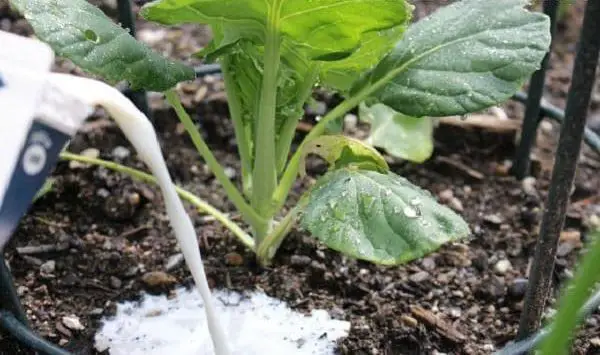
Do you know about the magic of milk and molasses in improving your garden? Yes, plain old milk of any kind – whole, 2%, raw, dried, skim, or nonfat – is a miracle in the garden for plants, soil, and compost.
Molasses only boosts the benefits! Let’s see how and why they work. Visit Mother Earth News to read this informative article in detail.
You can also use Milk Powder the same way, discover its uses here
Pin it!



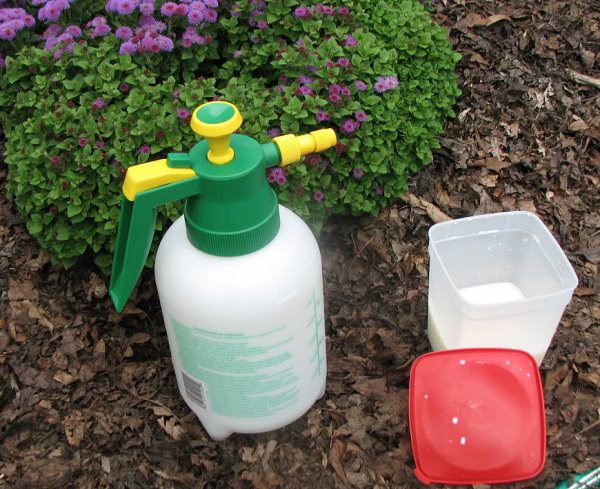
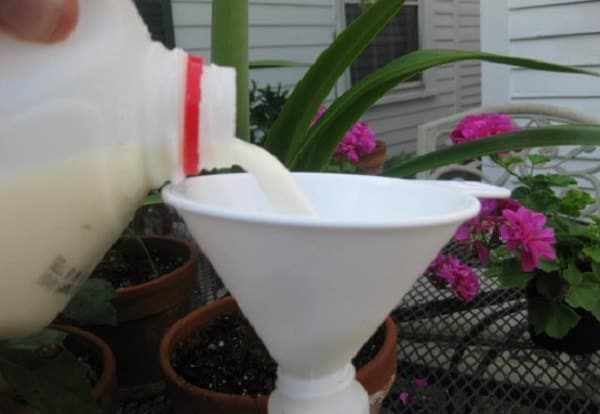
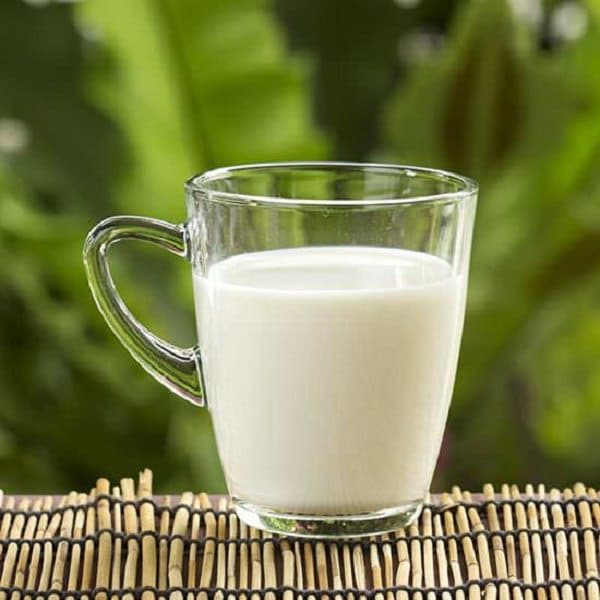
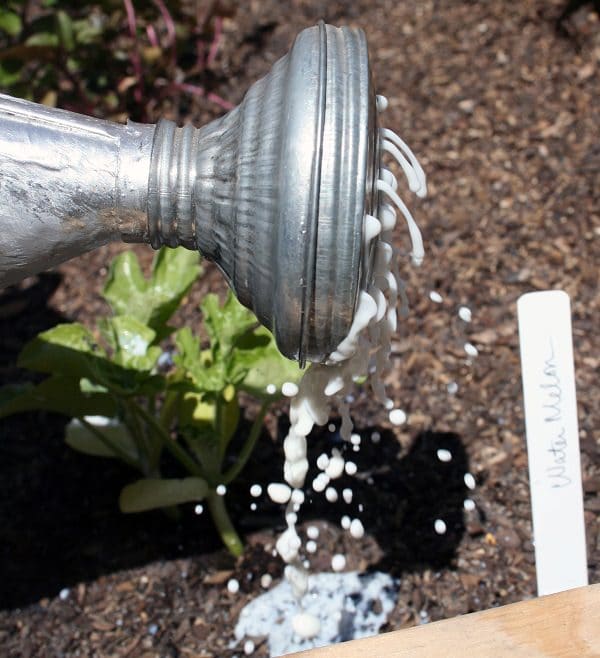
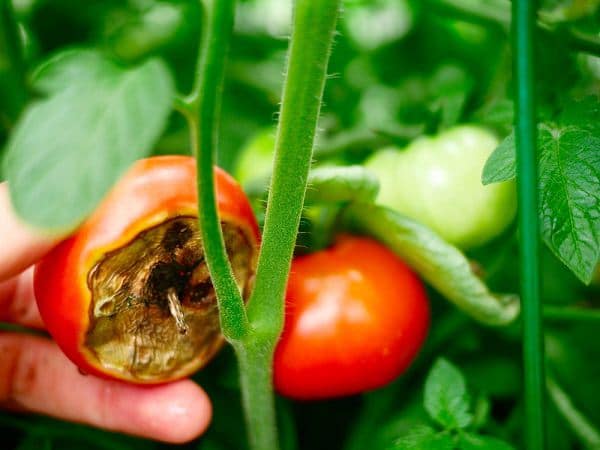

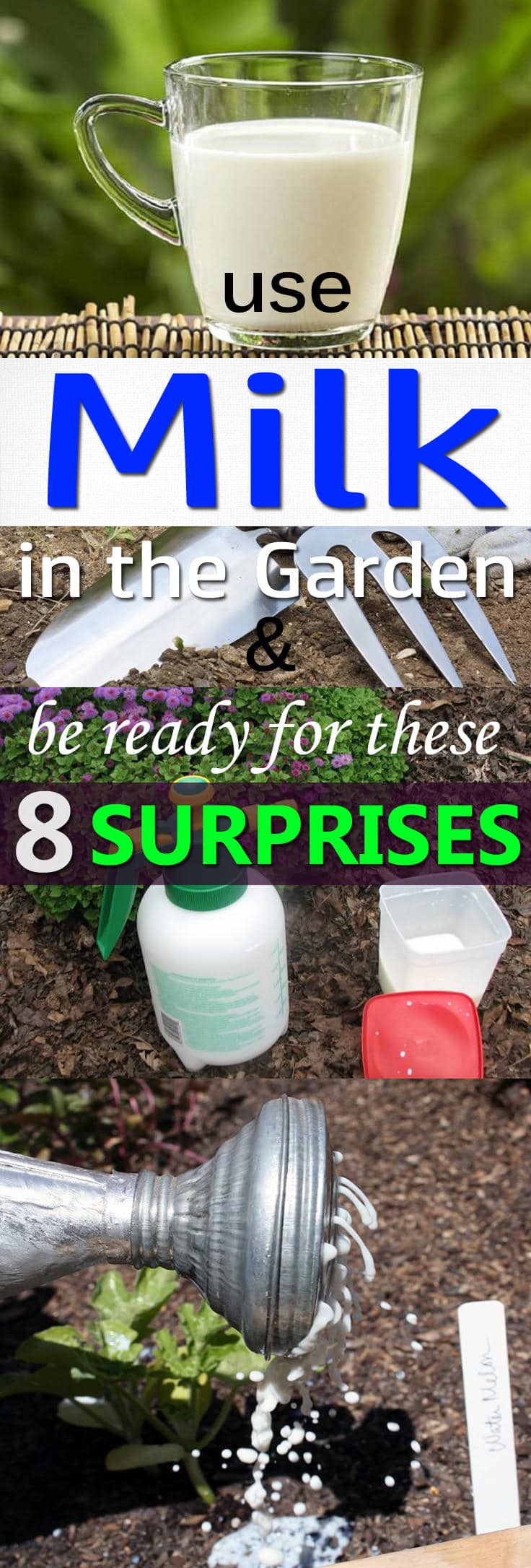

Goat’s milk is not even better then?
I am so happy to learn how milk can do so much! I used 1% milk for my roses last summer with wonderful results! Now I will be trying it on things that I just read about.
My mom always said that “they will find simple things work better that chemical solutions” She was so right. I am a firm believer in Mother Nature and common sense.
This article is so wonderful !
I thought soured milk could be used thoughtfully ! Thanks !
I don’t think you meant to say to “spray on roses once a week until the problem persists.” You don’t want the problem to persist. You want to get rid of the problem.